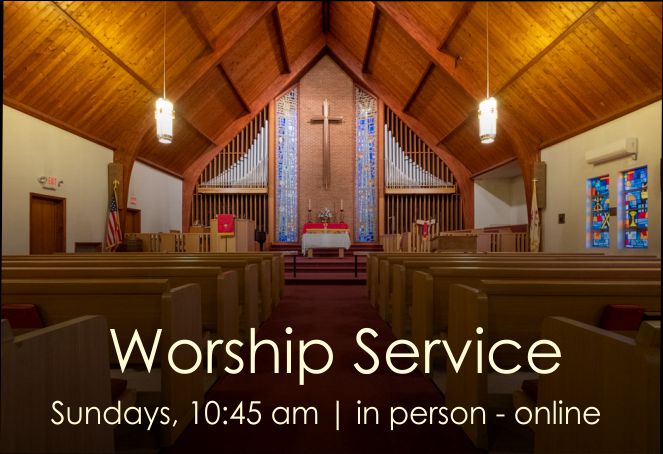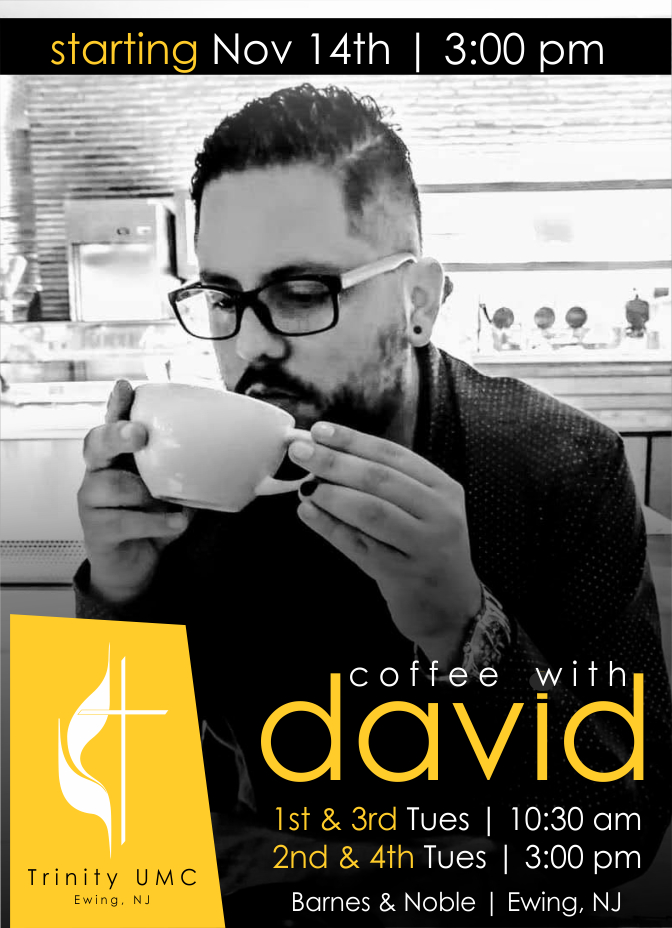If God is the Lord of hosts, then God’s Son is the Prince of Peace (Part III)

In this scenario, Jesus comes up with a very interesting and revolutionary message for his time. He intends to introduce the image of God as the Father among the Jews. Let us remember that when Jesus walked in First Century Palestine, the entire territory was under the rule of Rome, achieved through war and barbarism.
I received a letter asking this very interesting question,1 which is also pertinent for the times we are living in now. I will share the answer in three parts due to the extension of this. (To read Part I click here, To read PartII click here)
In this scenario, Jesus comes up with a very interesting and revolutionary message for his time. He intends to introduce the image of God as the Father among the Jews. Let us remember that when Jesus walked in First Century Palestine, the entire territory was under the rule of Rome, achieved through war and barbarism.
In the midst of that situation and all the social implications that it brings with it, this itinerant preacher not only begins to displace the warlike images of God, but also adopts a discourse of nonviolence… It is as if he had said, What you know about God and believe that God is, in reality it is not so accurate; look at me and then you will see the Father (God).
And then he begins to talk about the peaceful response to violent actions, the other cheek, the other mile, praying for enemies, loving your neighbor, forgiving seventy times seven, etc. What Jesus was teaching us is that there is only one way to end cycles of violence: Nonviolence.
Let me provide an example, please (Warning: This example could be disturbing. So, please read it with caution or stop reading here). Colombia, the country I come from, has been hit for several generations by violence and murder originated by narco’s power. Thus, the Escobar family (or clan) murdered a member of the Rodríguez Orejuela family.2 In response, the Rodríguez Orejuelas murdered a member of the Escobar family. As a consequence, they respond with more murder and so on until the surnames are literally exterminated. Again, this sparked a war for many generations.
Jesús’ proposal is then that in the face of the first murder by the Escobars, the Rodríguez Orejuelas would respond with non-violence and forgiveness. This would be the only way to avoid subsequent deaths. Respond to evil with good. Endurance.
Following these types of ideas distances us from the intrinsic human need to solve everything with violence and move towards civilized conflict resolution. What Jesus does through his speech (the Sermon on the Mount) and his life (Healing the ear of the soldier who comes to arrest him), is tell us that evil is not the way out and that if we listen to him and obey his words, we can be agents that promote the Kingdom of God on earth, reducing deaths, rapes, displacements, etc. In other words, we will resolve the conflict by not only praying, but by acting, resisting. That is: Active nonviolence.3
Warmly,
David
| Notes: 1. Taken from: Con lugar a Dudas. La Conversación en Curso. Buenos Aires, Argentina. 2. Pablo Escobar, the famous drug dealer, controlled a Colombian geographical region known as Antioquia. The Rodriguez Orejuela brothers controlled the drug production in another region known as el Valle del Cauca. Both groups were enemies during the 90s. 3. Over the years, humankind has developed social theories around active nonviolence through actions and attitudes like resistance, struggling, and claiming for social justice on behalf of the oppressed through reparation actions. Without reparation, there is no justice. Without justice, there is no peace. |









